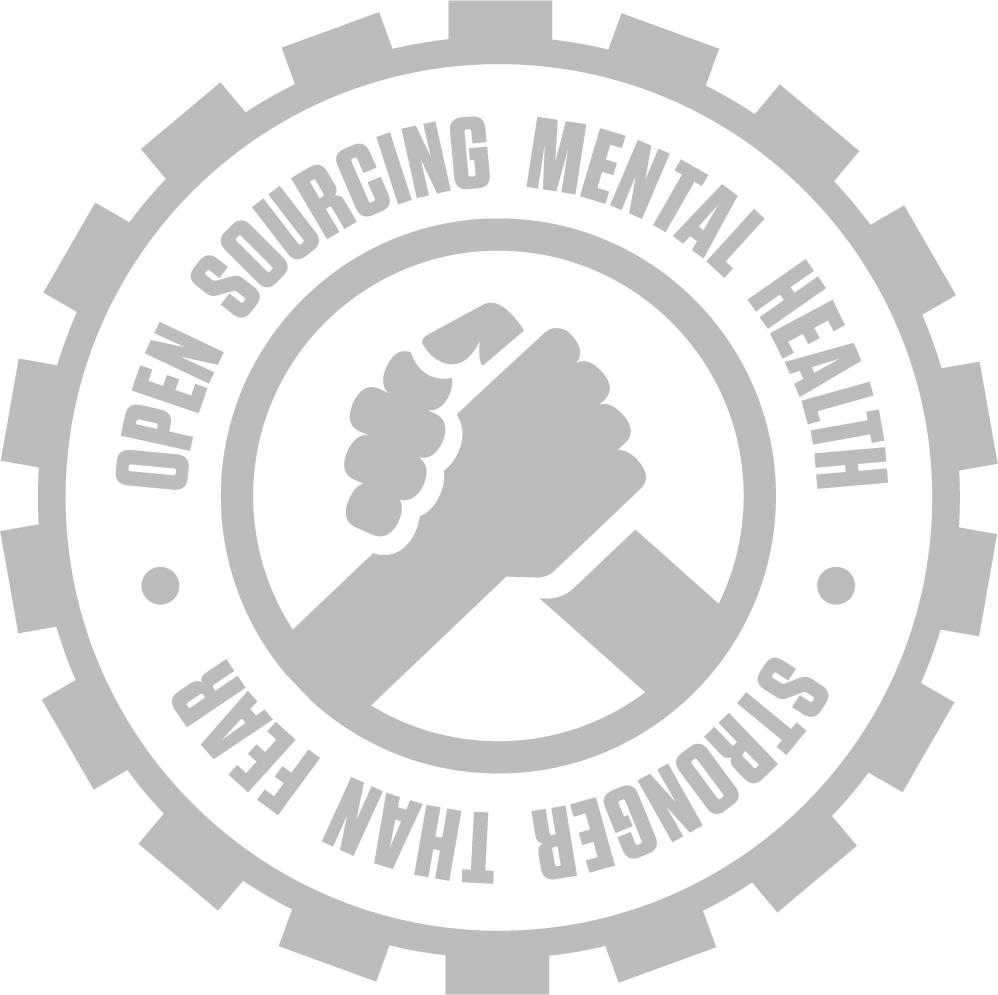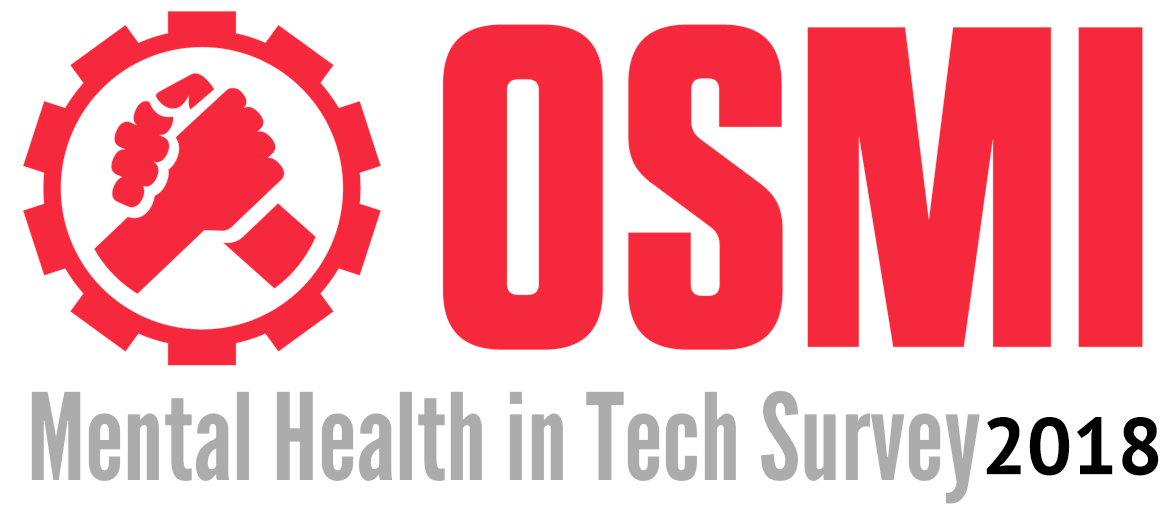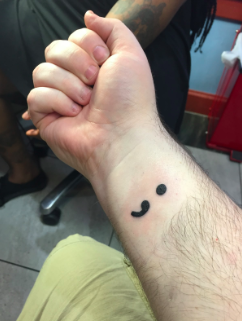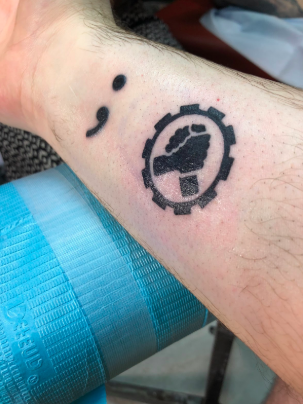It's 11:27 am & I grin as I move a Trello card & close my laptop. 3 minutes to spare. I give my CEO a nod & I'm off.
It's Tuesday, which means I'm heading to my weekly women's recovery group. Here's what makes this scenario interesting: everyone in the office knows it. They don't just know I'll be out for the next two hours. They know that I'll be sitting with a group of women, talking about my sobriety.
How do they know? I told them.
Here's my story: like most people struggling with mental illness, I've spent the majority of my life feeling deeply uncomfortable in my skin & in this world.
At various times in my life, that manifested in different ways. Early on, it was eating disorders & body image issues. Later, it was addiction. Then in recovery, without my self-destructive crutches, it was chronic & persistent depression.
Then, by some stroke of good fortune, I found freedom. From both my conditions (mostly) & the shame around them (90% of the time). Mental well-ish-ness, if you will.
Is it too corny to say I fixed my buggy mental code? Or does it only become too corny when I try to draw a parallel to open sourcing by saying a large community of helpers contributed to fixing my buggy mental code?
Alas, it happened. And with it came another kind of freedom: I got comfortable speaking about what my experiences & what I do to stay well-ish.
Now I do any chance I get. Why? Because I think it is extremely important to change the conversation about mental health.
The change I want to see? More solution-oriented empowerment.
We need to acknowledge that we're all humans. As such, we all have brains & nervous systems. And, due to some combination of nature & nurture, some of us just happen to have a few glitches in our systems.
It doesn't mean our systems are unsalvageable. It just means we have to do a little bit of work to figure out what's going on.
But we can do that work.
Then, once we do, we can share the solutions we've found. We can say things like "Hey, going to support groups really helps me. The one I like best is on Tuesdays at noon. Can we figure out a way that I can be offline for a couple of hours midday Tuesday?"
By doing so, we give other people permission to pursue their own solutions.
And here's something that's really magical: we all get to honor where we are on our journeys. Some of us haven't found the solutions that work for our unique circumstances yet. That's not just okay, that's exactly where all of us start.
That's when we get to say things like, "I saw that OSMH has a booth at the conference I'm going to. I'm going to stop by & talk to them to get some resources."
Pretty cool, eh?
About the author: once upon a time, Keely worked in digital marketing, where she discovered a love for open dialogues about mental health. She then worked as a Recovery Coach before merging both worlds & founding Mental Health Mugs. If you’re on board with starting a more positive conversation about mental health, you can get a mug at www.mentalhealthmugs.com. If you use discount code OSMH, you’ll get 10% off your order + 10% of the purchase price will be donated to OSMH!




